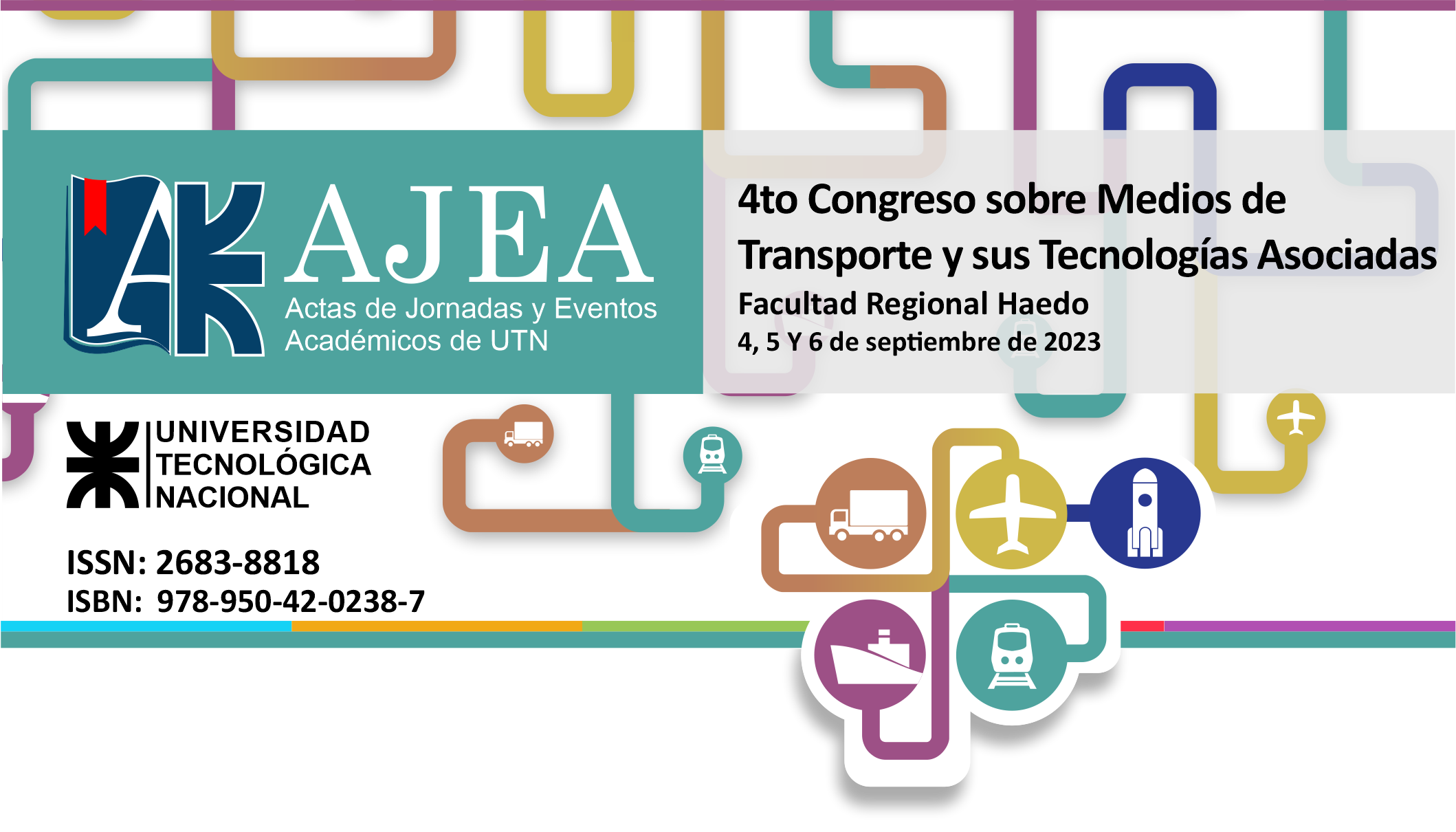Road infrastructure in Mexico, does it generate well-being?
Keywords:
Roads, Well-being, Rural Access Index, Thematic maps, South-southeast mexican regionAbstract
This work indicates the importance of road infrastructure in the well-being of the population in the South-southeast region of Mexico (Tabasco, Veracruz, Chiapas and Yucatán, as sample states), and explores highway infrastructure as an engine that encourages the economic and social development of the territories and improves the quality of life and with it, the well-being of its inhabitants. Through socioeconomic indicators represented on maps, it is possible to notice a considerably direct relationship between the proximity to the road infrastructure and the levels of well-being and social development of the study sites. This work begins prior to the COVID-19 pandemic. Due to the impossibility of collecting data in the field, we improve the desk research with statistical information validated by the INEGI from the 2010 National Population and Housing Census in order to develop thematic maps that concentrate socioeconomic information on the population objective.
Downloads
Metrics
Downloads
Published
How to Cite
Conference Proceedings Volume
Section
License

This work is licensed under a Creative Commons Attribution-NonCommercial 4.0 International License.










